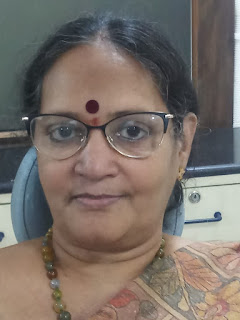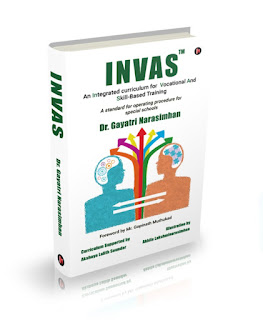
Mrs.Sridevi Prasad is a Special Educator with over 35 years of experience. She earned her post graduate degree in psychology from Osmania University. Her areas of expertise involve working with diverse students with special needs, including intellectual challenges, autism, emotional disturbances, and learning disabilities. As a special educator, s he has guided parents and staff in determining an appropriate education for each student both in regular or special school settings. She has also assisted students in finding support services in order to obtain educational qualifications and gain employment in the community. Mrs. Sridevi Prasad loves to follow-up with her students when they become adults and accentuate their skills in education, vocational careers and prepare them for independent living. Mrs.Prasad has authored many educational programs with the aim of mainstreaming children at different levels of education and skills. She is the founder of Shankar Foundation, enabling 2



